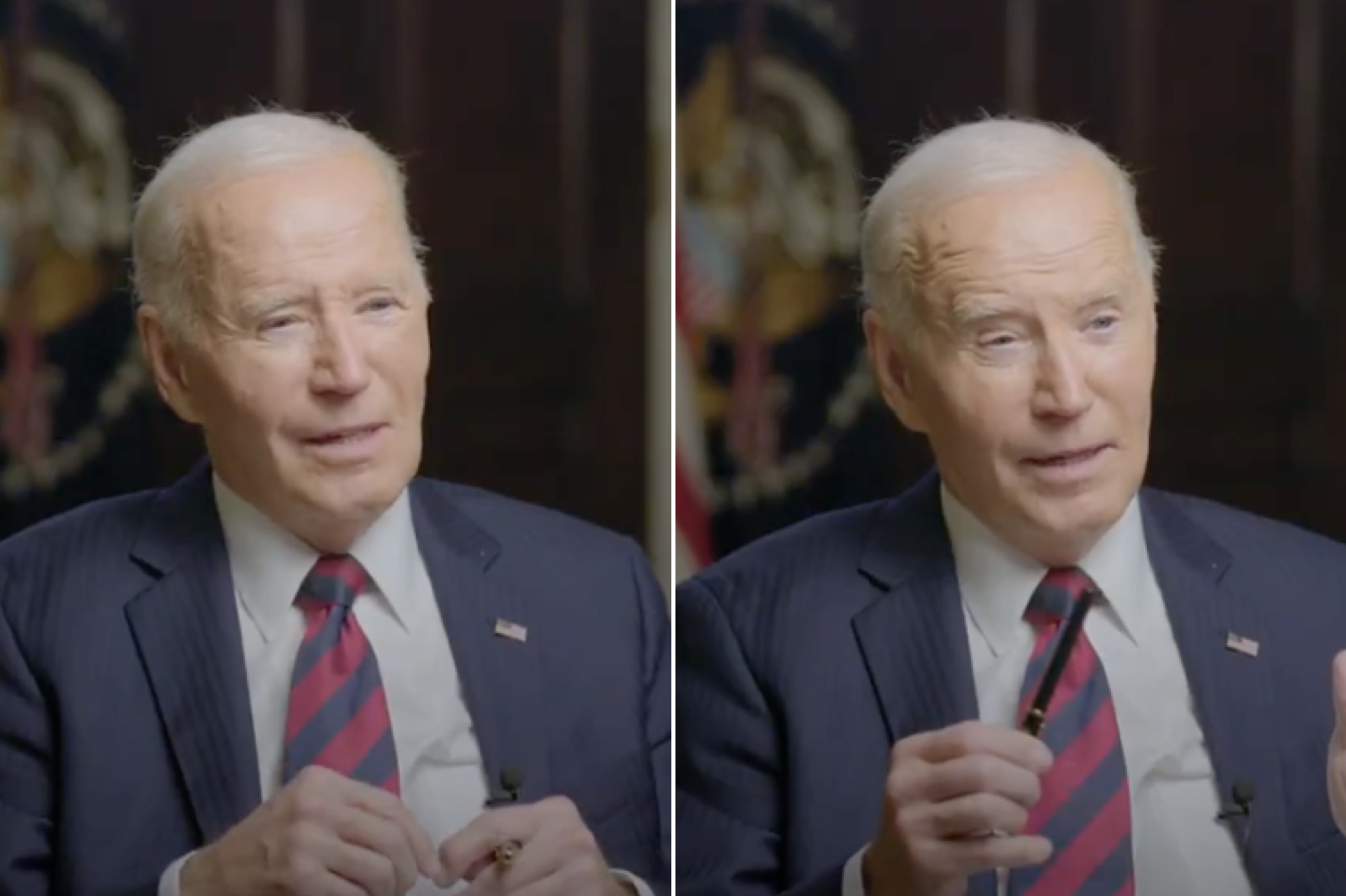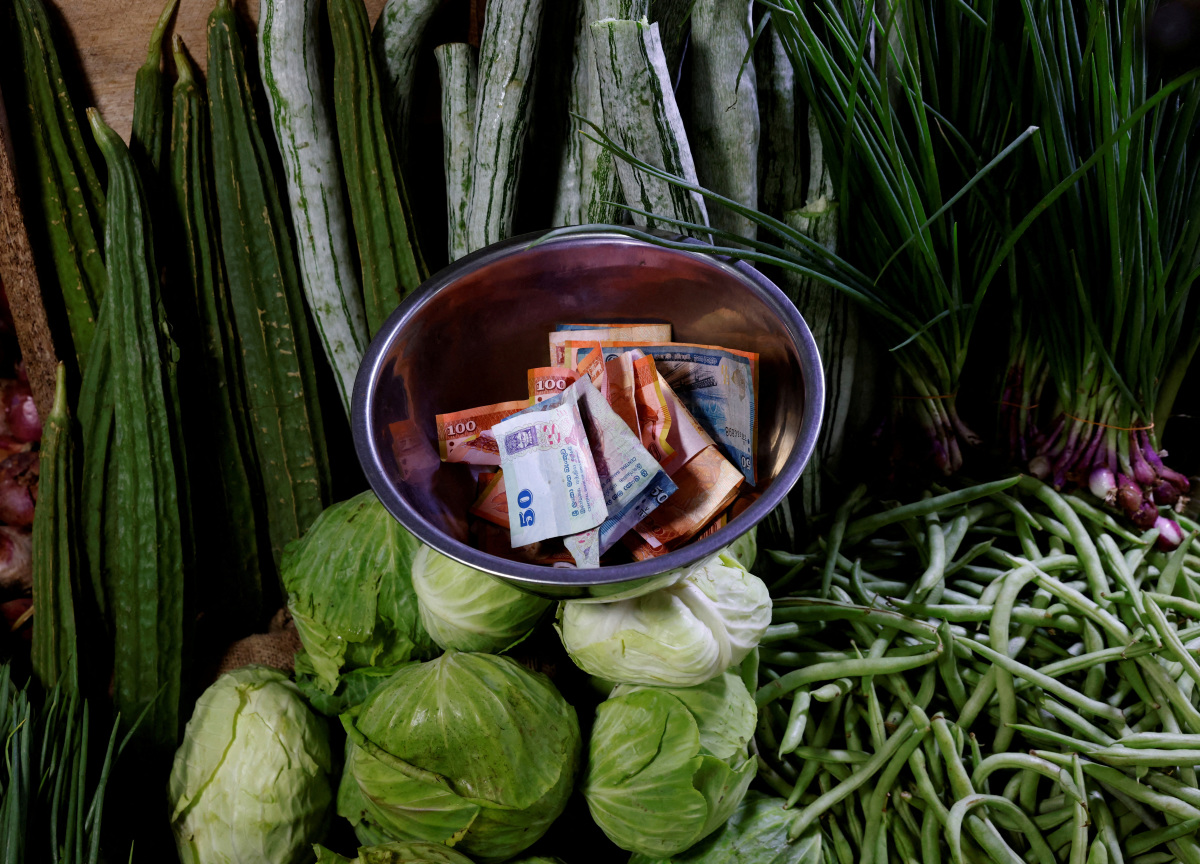AFP
EU defence ministers on Wednesday discussed plans to raid their stockpiles to rush one billion euros’ worth of ammunition to Ukraine and place joint orders for more to ensure supplies keep flowing.
Ukraine’s Western backers warn that Kyiv is facing a critical shortage of 155-millimetre howitzer shells as it fires thousands each day in its fight against a grinding Russian offensive.
Ministers meeting with their Ukrainian counterpart Oleksiy Reznikov in Stockholm were debating a three-pronged push to meet Kyiv’s immediate needs and bolster Europe’s defence industry for the longer term.
“Our priority number one is air defence systems, and also ammunition, ammunition and again ammunition,” Reznikov said as he arrived for the meeting.
The first part of the plan, as laid out by the EU’s foreign policy service, envisions using a billion euros ($1.06 billion) from the bloc’s joint European Peace Facility to get member states to send shells in their stocks to Kyiv within weeks.
Ukraine’s European allies have already depleted their shelves, committing some 12 billion euros of military support, with 3.6 billion euros coming from the joint fund.
There are questions over how many shells Europe can spare without leaving itself too vulnerable, and defence ministers were due to provide details.
“I don’t know which is the level of stockpiles, that is why we are here together,” EU foreign policy chief Josep Borrell said.
The second part of the plan is to pool EU and Ukraine demands to place massive joint orders that would incentivise ammunition producers to ramp up their capacity.
The move represents an important shift for the 27-nation bloc as Russia’s war has sped up the push to coordinate more on defence.
Baltic state Estonia initially proposed spending four billion euros on a million shells for Ukraine and wants more new funds committed.
But EU officials say the money to cover Ukraine’s needs could come from another one billion euros already in the joint kitty.
“It’s not enough because we need one million rounds, and approximately it should be four billion euros,” Reznikov said.
“We need more.”
EU officials say they hope to agree on a firm plan to send the ammunition to Ukraine by a meeting of foreign ministers on March 20.
EU countries are weighing whether the bloc’s central defence agency or member states with more experience should negotiate contracts, given a strong desire to avoid seeing the process slowed down by bureaucracy.
There is also a thorny debate about buying ammunition from outside the bloc, as some argue the priority should be speed over helping European industry.
“If there are other deliveries from other states, I don’t think we should exclude that possibility,” Sweden’s Defence Minister Pal Jonson said.
“I think the focus should be on helping Ukraine and finding the best way to accomplish it.”
More broadly, there is a clear sense that after years of lower investment after the Cold War, more needs to be done to get EU defence firms to step up their output fast.
“We are at a decisive moment in our support to Ukraine and it is absolutely mandatory that we move towards a sort of war economy mode,” EU internal market commissioner Thierry Breton said.
“We need definitely to make sure that we can increase drastically our capacity to produce more in Europe,” he said.
But German Defence Minister Boris Pistorius said calls to put Europe’s economy on a war footing went too far.
“This would be a fatal signal” since it would mean that “we subordinate everything to the production of weapons and munitions,” he said.
“We — the European Union and Germany — are not at war.”







